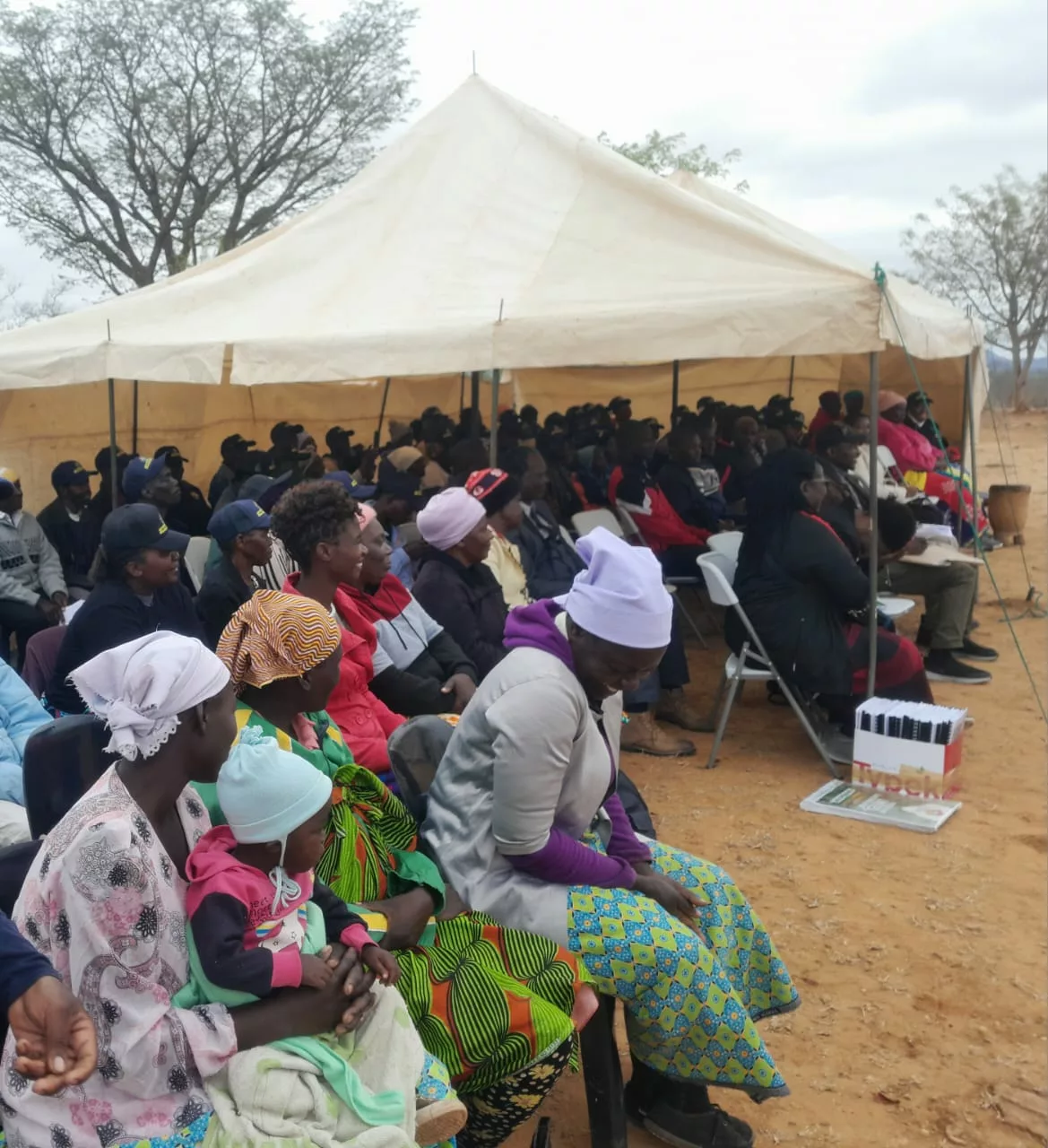|
Getting your Trinity Audio player ready...
|
Writes Lloyd Rabaya
Zimbabwe Smallholder Organic Farmers’ Forum (ZIMSOFF)’s recent exchange visit in Shashe, Masvingo, has proved to be of great importance to farmers as they taught each other various agroecology elements.
During the two-day visit, farmers had the opportunity to watch and learn from other practicing farmers on best sustainable practices that include water harvesting, forest management, animal husbandry, aquaculture, and various crop production methods.
The Food and Agriculture Organization of the United Nations (FAO) defines agroecology as an integrated approach to agricultural development that prioritises the preservation and enhancement of the natural environment, social equity, and economic viability.
It focuses on the complex interactions between plants, animals, humans, and the environment, and seeks to optimize the use of local resources, minimize external inputs, and promote closed nutrient cycles.
Agroecology is based on elements that include diversity, synergies, efficiency, resilience, co-creation, redistribution, cooperation, and human rights and upholds efficient use of resources, conservation of biodiversity, and support for small-scale farmers.
Speaking to this publication, Pedzisai Mugiya, a smallholder farmer and member of the Zimbabwe Smallholder Organic Farmers Forum (ZIMSOFF) from Zvishavane. said with the climate change menace, exchange visits are imperative as farmers will teach each other the coping mechanisms.
“As farmers here, we come from different farming regions. These exchange visits are important because it is an opportunity for us to teach each other about agroecology, which motivates us to keep using what we have in our surroundings,” Mugiya said.
After visiting homesteads that are centres of excellence, Mugiya went on to urge people to eat naturally-produced foods as they are highly nutritious and have no side effects.
Mugiya also urged other farmers who do not practice agroecology to venture into it as it is not harmful to the human body and the environment.
“Food grown using chemicals is bad for our health because that is where some of these cancers are emanating from. We should go back to our traditional ways of farming and grow our small grains that are not prone to climate change and are also healthy and nutritious,” he added.
Another ZIMSOFF member farmer, Sherry Bute (58), acknowledged that at her homestead in Zvimba, she was letting water flow uncontrolled due to a lack of knowledge.
However, thanks to ZIMSOFF, after the exchange visit, Bute has a transformed perspective.
“I was lagging on a lot of things that I will go and implement at my homestead. We were saying goodbye to too much water even through, but after the exchange visit I learned about making contour ridges, and earth dams among other water conservation methods,” she said.
ZIMSOFF is a farmer-led organisation that strives to empower smallholder farmers in Zimbabwe to practice sustainable agricultural practices and influence policies and public awareness towards agroecology and smallholder farmers’ rights.






